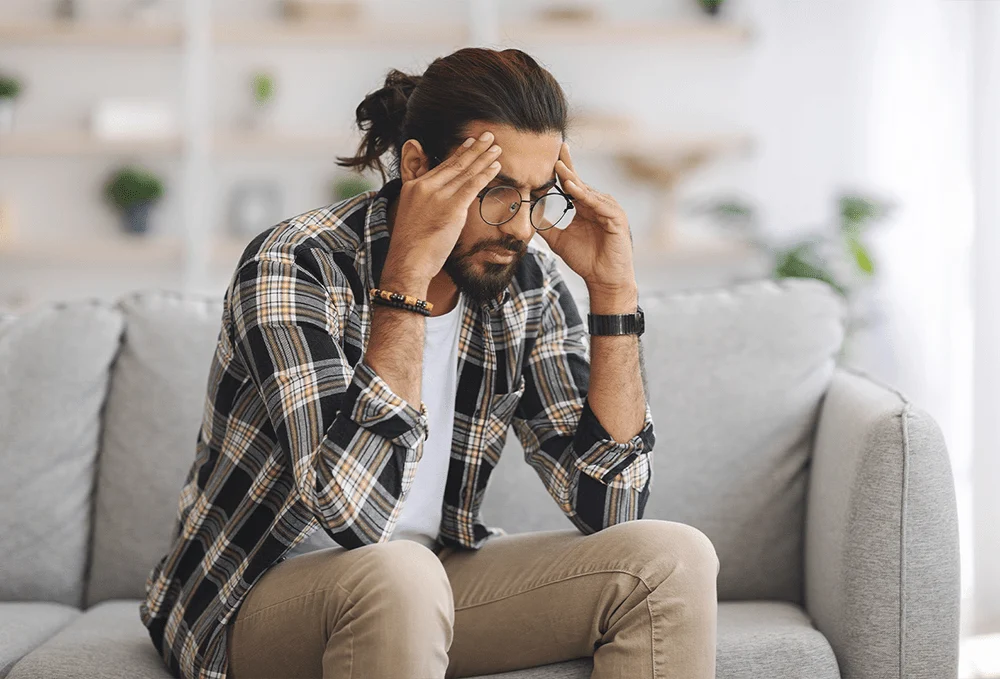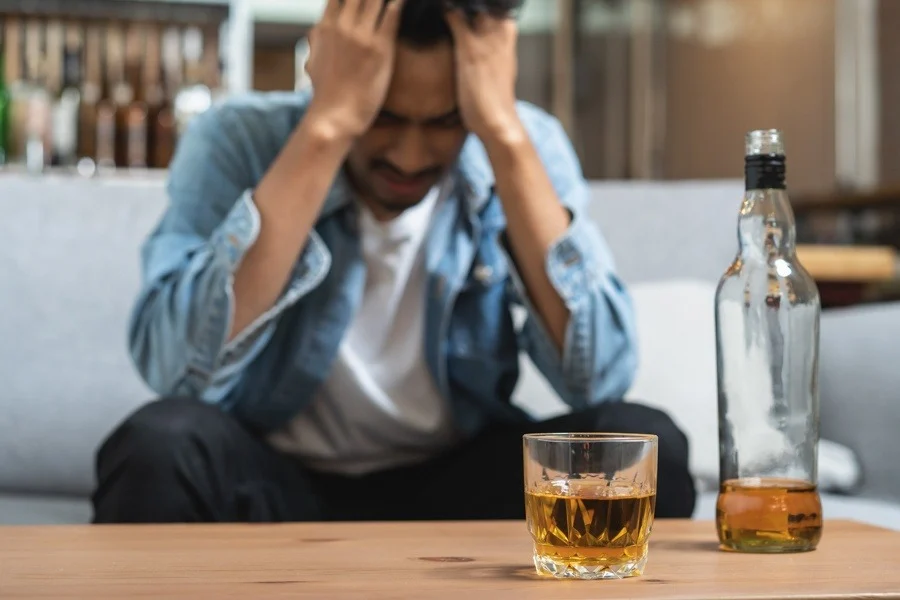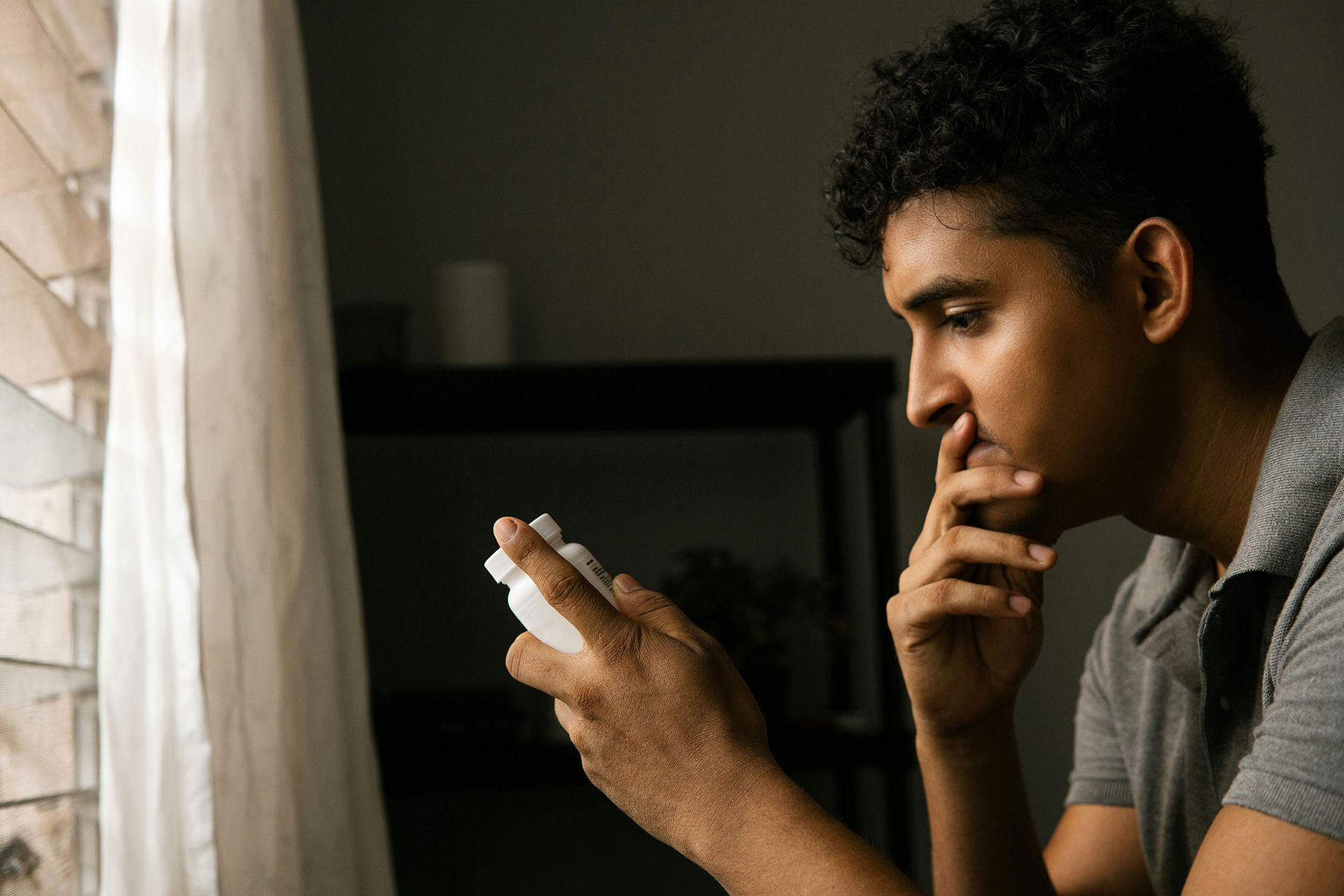Polysubstance abuse creates complications that differ significantly from addiction to a single substance. When people use multiple drugs regularly, either together or separately, the combined effects can be harder to predict and manage. This pattern of use affects both physical health and recovery in ways that require tailored treatment approaches.
Many factors contribute to polysubstance abuse, including attempts to self-medicate mental health issues or counteract unwanted side effects of certain drugs. While the motivations vary, the results often lead to increased health risks and more complex treatment needs. Identifying these patterns early can help guide individuals toward appropriate care and support.
What Is Polysubstance Abuse?
Polysubstance abuse involves the consistent use of multiple drugs, either simultaneously or in close succession. This goes beyond simple experimentation and becomes a dangerous habit where the combined effects can overwhelm the body and mind. The unpredictable interactions between different substances escalate the risks, increasing the potential for accidental harm.
How Does It Differ From Single-Substance Use Or Dependence?
Polysubstance abuse is more complex than single-substance dependence. With one drug, risks are predictable; with multiple, reactions are harder to anticipate, leading to organ damage, mental health crises, or fatal interactions.
Tolerance also differs. Single-substance users gradually need more of that drug. Polysubstance abuse creates a shifting cycle where drugs mask or amplify effects, accelerating dependence.
Treatment is trickier. Single-substance addiction has clear protocols. Polysubstance abuse requires untangling multiple dependencies, considering how quitting one drug affects cravings or withdrawal. Recovery involves resetting a chemically chaotic system.
Social and behavioral factors are significant. Polysubstance users often have deeper issues like trauma or chronic pain, mixing substances as a makeshift solution. Breaking the cycle means addressing these underlying reasons.
Who Is Most At Risk Of Polysubstance Abuse?

Chronic pain or mental health sufferers often unknowingly combine medications with alcohol or recreational drugs when standard treatments fail, escalating health risks. Young adults are vulnerable due to social experimentation, leading to dangerous reactions as their bodies lack tolerance. Past addicts may replace primary drugs with other substances, risking cross-tolerance and relapse. High-stress groups, like military personnel or trauma survivors, might self-medicate with accessible substances, leading to compulsive abuse without proper coping mechanisms.
What Patterns Of Use And Substance Combinations Are Most Common?
Polysubstance abuse takes many forms, with certain combinations and usage patterns appearing more frequently than others. These mixtures often reflect users’ goals, either through intensifying highs, managing side effects, or self-medicating undiagnosed conditions. Below are some of the most observed patterns:
- Alcohol + Stimulants (e.g., cocaine, Adderall): Commonly used to counteract sedation, allowing longer drinking sessions while masking intoxication. This combo strains the cardiovascular system and increases overdose risk.
- Opioids + Benzodiazepines: Frequently mixed for enhanced euphoria, despite the deadly respiratory depression this pairing causes. Many users stumble into this combination through overlapping prescriptions.
- Marijuana + Alcohol: A socially normalized but unpredictable mix that amplifies impairment. Users often underestimate how these substances compound each other’s effects on coordination and judgment.
- Stimulants + Depressants (“Speedballing”): The dangerous practice of combining drugs like cocaine and heroin seeks to balance rush with relaxation, but frequently leads to erratic dosing and fatal consequences.
- Prescription Pills + Recreational Drugs: Those self-treating pain or anxiety may supplement medications with illicit substances, unaware of how dramatically this alters metabolism and toxicity.
- Hallucinogens + Other Psychedelics: Sometimes combined intentionally to intensify trips, but with heightened risks of psychosis or dangerous behavior during altered states.
Addictions We Treat
Westwind Recovery® offers care for a broad spectrum of addictions in Los Angeles, California.
How Do Stimulants And Depressants Interact In The Body?

When stimulants and depressants are taken together, they wage a dangerous tug-of-war in the body that can overwhelm vital systems. Stimulants like cocaine or amphetamines push the nervous system into overdrive, increasing heart rate and alertness, while depressants such as alcohol or benzodiazepines slow everything down, reducing breathing and brain activity. This conflicting signaling confuses the body’s natural regulatory mechanisms, forcing organs like the heart and lungs to alternate between extremes.
Many people engaging in polysubstance abuse mix these opposites, believing they’ll “balance out,” but the reality is far riskier. The stimulant may temporarily mask the depressant’s sedative effects, leading users to consume more of both substances than their body can safely process. When the stimulant wears off, the full impact of the depressant hits suddenly, potentially causing respiratory failure or coma. This seesaw effect explains why emergency rooms often see overdoses, where toxicology reports reveal both types of drugs present.
Over time, this chemical conflict causes cumulative damage. The heart muscle weakens from alternating between racing and slowing, while the liver struggles to metabolize multiple substances through different pathways. Polysubstance abuse involving stimulant-depressant combinations also disrupts neurotransmitter systems more severely than single-drug use, making recovery longer and more complex as the brain struggles to regain equilibrium without these opposing chemical crutches.
Why Do People Engage In Polysubstance Abuse?
People misuse multiple substances for complex reasons, often beyond simple recreation. They might seek a more intense high, counteract unwanted side effects, or self-medicate untreated physical or mental health issues like chronic pain, anxiety, or depression. Social factors, like peer pressure or drug availability, also play a role. Tolerance development can lead users to combine substances to achieve the desired intensity, making recovery challenging due to chemical dependency. Fundamentally, many don’t understand how combining drugs amplifies toxicity and creates unpredictable, life-threatening reactions.
What Symptoms Signal That Polysubstance Abuse May Be Occurring?
Recognizing polysubstance abuse can be challenging since symptoms vary depending on which drugs are combined. However, certain physical, behavioral, and psychological signs often point to this dangerous pattern of use. Here are key indicators to watch for:
- Unpredictable reactions: Extreme or inconsistent responses to substances that don’t match typical effects of a single drug, like sudden sedation after appearing energetic.
- Frequent changes in drug preferences: Regularly switching or combining substances rather than sticking to one, suggesting increasing tolerance or chasing specific effects.
- Memory blackouts: Gaps in recollection more severe than expected from a single substance, indicating potential dangerous interactions.
- Mismanaged prescriptions: “Losing” medications often, needing early refills, or taking significantly higher doses than prescribed alongside other substances.
- Conflicting physical symptoms: Simultaneous signs of stimulant and depressant use; dilated pupils with slurred speech, or hyperactivity combined with poor coordination.
- Withdrawal complexity: Experiencing symptoms that don’t match typical withdrawal from one substance, like tremors paired with insomnia and hallucinations.
- Social isolation: Withdrawing from friends who don’t mix substances while seeking out new social circles that normalize polysubstance abuse.
- Financial distress: Unexplained money problems from purchasing multiple substances, often with elaborate excuses about the expenses.
- Neglected responsibilities: Work, school, or home life suffers more noticeably than with single-substance use, as managing multiple addictions consumes time and energy.
- Medical confusion: Doctors finding unexplained symptoms or lab results that don’t align with the expected effects of a known substance.
Why Is Overdose Risk Higher With Polysubstance Abuse?
Polysubstance abuse significantly raises overdose risk due to conflicting drug interactions that amplify or mask symptoms, making safe dosing impossible. Mixing depressants like alcohol and opioids can fatally suppress breathing. Opposing drug effects, such as stimulants hiding depressant impacts, create a false sense of control, leading to dangerous consumption as stimulants wear off.
This also complicates emergency responses, as treatments like naloxone only address specific drug toxicities. Long-term abuse unpredictably alters tolerance, making previously “safe” combinations lethal as body chemistry shifts. This unpredictability and lack of research make polysubstance abuse a highly volatile form of substance misuse.
What Treatment Approaches Are Effective For Polysubstance Abuse?
Treating polysubstance abuse requires comprehensive strategies that address multiple dependencies simultaneously. Since combinations create complex challenges, effective approaches must be flexible and tailored to individual needs. Here are proven treatment methods:
- Medical Detoxification: Supervised withdrawal management to safely eliminate substances from the body while monitoring for dangerous interactions or complications.
- Medication-Assisted Treatment (MAT): Carefully balanced use of FDA-approved medications to reduce cravings and withdrawal symptoms for multiple substances at once.
- Behavioral Therapies: Cognitive Behavioral Therapy (CBT) and Dialectical Behavior Therapy (DBT) help modify thought patterns and develop coping skills for triggers.
- Integrated Dual Diagnosis Treatment: Simultaneous care for co-occurring mental health disorders that often drive polysubstance abuse.
- Contingency Management: Motivational incentives like vouchers or privileges for maintaining sobriety and attending treatment sessions.
- Peer Support Groups: Specialized 12-step programs or group therapy focused on multiple substance recovery rather than single-addiction approaches.
- Family Therapy: Involves loved ones in treatment to repair relationships and build a supportive home environment.
- Holistic Therapies: Incorporates mindfulness, art therapy, or exercise to address overall well-being beyond just substance cessation.
- Aftercare Planning: Long-term relapse prevention strategies, including sober living arrangements and ongoing counseling.
- Trauma-Informed Care: Recognizes how past trauma may contribute to polysubstance abuse and incorporates healing techniques.
Westwind Recovery® Offers Drug Addiction Treatment In Los Angeles
Westwind Recovery®, located in Los Angeles, provides comprehensive and personalized drug addiction treatment, with a specialization in polysubstance abuse. We combine evidence-based and holistic therapies, with a key focus on dual diagnosis to address addiction and underlying mental health issues like anxiety or depression through trauma-informed care (e.g., EMDR, adventure therapy).
Our center offers flexible care levels (PHP, IOP, outpatient), facilitating smooth transitions. We also emphasize community support through sober living and alumni networks, offering life skills and vocational training to support sustained recovery. Accredited by the Joint Commission and highly reviewed, Westwind Recovery® is known for quality care, especially for polysubstance addiction. Contact us today for help kicking every addiction you may be suffering from.

Dr. Deena is the Chief Clinical Officer of Westwind Recovery®, an award-winning outpatient treatment center in Los Angeles where she oversees the clinical and administrative program and treatment methods. Dr. Deena is a doctor of psychology and licensed clinical social worker since 1993. LCSW #20628. Originally from the East Coast, Dr. Deena has worked running treatment centers, worked as a therapist in psychiatric hospitals as well as school settings and currently has a thriving private practice in the LA area. Dr. Deena has appeared regularly on the Dr. Phil Show as an expert since 2003. She has also been featured on many other TV shows, podcasts and has contributed to written publications as well as podcasts.




